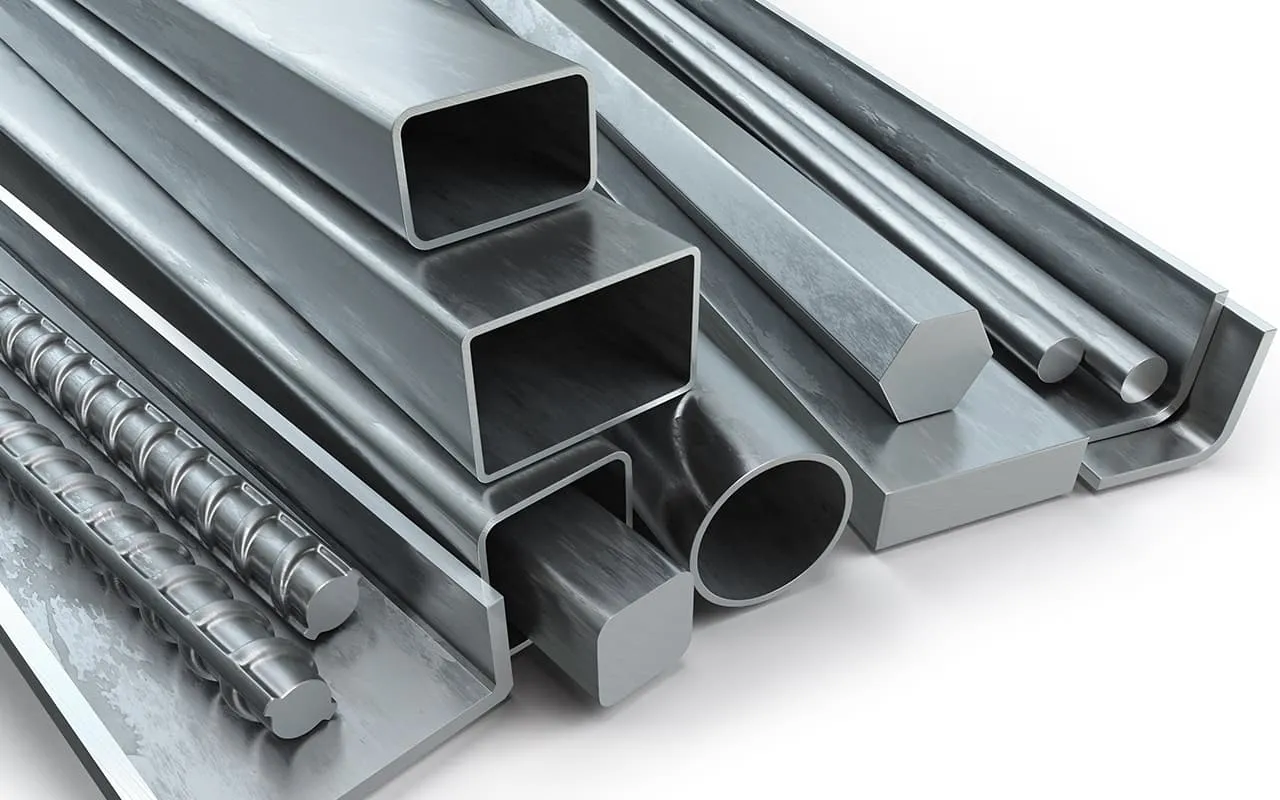Top 10 Strongest Metals That Can Take Extreme Pressure

Metals are at the core of human advancement, powering industries from construction and aerospace to defense and energy. When it comes to enduring extreme environments, certain metals stand out because of their ability to handle incredible levels of pressure without breaking, cracking, or deforming. The strength of these metals comes from their atomic structure, density, and resistance to deformation. In this article, we will explore the top 10 strongest metals that can take extreme pressure and understand why they play such a vital role in demanding applications.
What Makes a Metal Strong?
Before diving into the list of the top 10 strongest metals, it is important to understand what determines their strength. Strength is measured in several ways:
- Tensile strength: the ability to resist breaking when stretched or pulled.
- Compressive strength: resistance to crushing under pressure.
- Yield strength: the point where a metal begins to deform permanently.
- Impact strength: ability to withstand sudden force or shocks.
Metals that can endure extreme pressure usually possess a combination of high tensile and compressive strength, along with resistance to heat and corrosion. This is why they are often used in submarines, aerospace vehicles, deep drilling equipment, and heavy machinery.
Tungsten
Tungsten is often considered the strongest pure metal on Earth. With the highest melting point of all metals at 3422°C and extremely high tensile strength, tungsten can withstand immense pressure without bending or breaking. Its density is comparable to gold, making it extremely heavy and durable. Because of these qualities, tungsten is used in military applications, cutting tools, and aerospace parts where high strength is essential. Its brittleness at room temperature is a drawback, but under controlled conditions, it remains unmatched.
Titanium
Titanium is famous for its strength-to-weight ratio, which makes it ideal for applications that require both durability and lightness. While not as hard as tungsten, titanium can handle extreme pressure due to its ability to resist corrosion and withstand deformation. It is widely used in submarines, aircraft engines, and medical implants because it remains strong under stress while also being biocompatible. Titanium’s resistance to seawater corrosion makes it indispensable for deep-sea exploration equipment.
Chromium
Chromium is known for its hardness and shiny, corrosion-resistant surface. It has a high melting point and excellent compressive strength, allowing it to endure heavy pressure. Chromium is not usually used in pure form but is a key ingredient in stainless steel and other alloys that need to withstand both pressure and corrosion. Its role in creating durable, high-strength steel makes it critical for construction, defense, and industrial tools.
Steel Alloys
Steel, particularly high-carbon and stainless steel alloys, is one of the most widely used materials in the world due to its ability to handle extreme pressure. When carbon, chromium, and other elements are added to iron, steel becomes far stronger than its base components. Depending on the alloy composition, steel can resist both compressive and tensile stress, making it suitable for skyscrapers, bridges, pipelines, and deep-drilling machinery. Its balance of strength, flexibility, and affordability keeps it at the forefront of industrial use.
Osmium
Osmium is one of the densest metals known, even heavier than tungsten. Its high density and hardness make it exceptionally resistant to pressure. Osmium is rare and costly, but its properties make it useful in specialized applications, such as electrical contacts, fountain pen tips, and instrument pivots, where wear resistance is vital. While it is not widely used for structural purposes, its strength under pressure is undeniable.
Iridium
Iridium is another incredibly dense and corrosion-resistant metal. It is one of the rarest elements on Earth but also one of the strongest, capable of withstanding extreme pressure and harsh chemical environments. Iridium is used in high-performance spark plugs, deep-water pipes, and scientific equipment that must resist high-pressure conditions. Its stability at high temperatures also makes it invaluable in aerospace technology.
Inconel
Inconel is a superalloy made primarily of nickel, chromium, and iron. It is specifically engineered to withstand extreme pressure and high heat without losing strength. Inconel is widely used in jet engines, gas turbines, and chemical plants where both pressure and heat are intense. Unlike pure metals, Inconel maintains stability under stress and resists oxidation, making it perfect for high-performance industrial applications.
Titanium Alloys
While pure titanium is already strong, titanium alloys take its performance to a new level. By combining titanium with aluminum, vanadium, or molybdenum, alloys are created that can withstand incredible levels of pressure while being resistant to heat and corrosion. These alloys are commonly used in aerospace engineering, deep-sea submersibles, and military vehicles. Their ability to remain strong under both compression and tension makes them one of the top 10 strongest metals.
Platinum
Platinum is well-known for its rarity and value, but it also ranks among the strongest metals under pressure. It has a high density, excellent corrosion resistance, and stability even at elevated temperatures. Platinum is used in catalytic converters, electrical equipment, and laboratory instruments that must function under high stress. Its durability in extreme environments makes it an essential metal for high-pressure industries.
Magnesium Alloys
Although pure magnesium is soft and lightweight, its alloys with aluminum, zinc, and rare earth elements become remarkably strong under pressure. Magnesium alloys are favored in aerospace and automotive industries where weight reduction is crucial, but high-pressure resistance is also required. These alloys can handle stress while remaining much lighter than steel, making them ideal for situations where efficiency and strength must go hand in hand.
Why These Metals Matter
The top 10 strongest metals are not only scientific curiosities but also the backbone of modern technology. From the depths of the ocean to the edges of space, these materials make it possible to push the boundaries of engineering and safety. Tungsten enables armor-piercing tools, titanium makes air travel more efficient, and Inconel keeps jet engines functioning under extreme stress. Without these metals, many of today’s most advanced industries would not be possible.
Conclusion
Strength under extreme pressure is one of the most valuable qualities a material can have, and only a select group of metals meet that standard. The top 10 strongest metals include tungsten, titanium, chromium, steel alloys, osmium, iridium, Inconel, titanium alloys, platinum, and magnesium alloys. Each brings unique properties that allow them to endure crushing forces, blazing temperatures, and corrosive environments. As technology continues to evolve, these metals will remain at the forefront of innovation, enabling humans to explore, build, and thrive in even the most extreme conditions.










